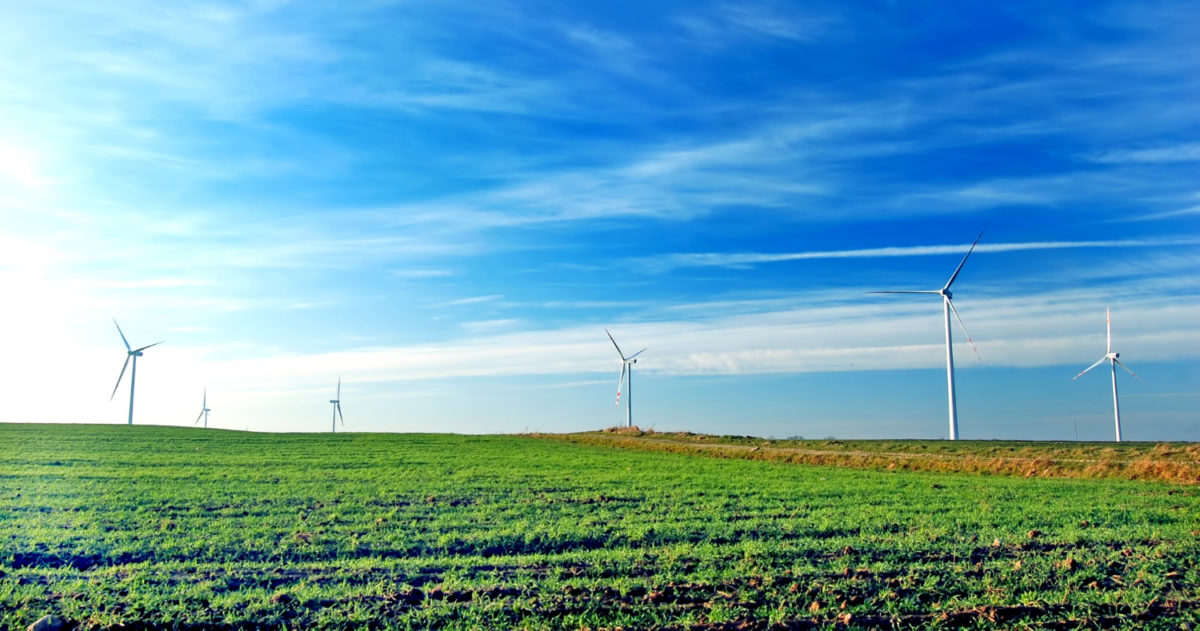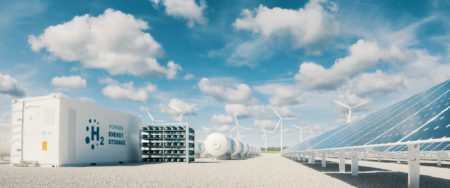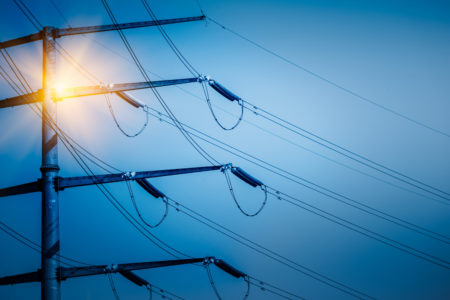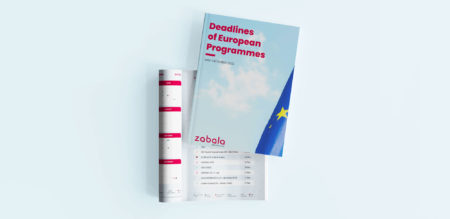This website uses cookies so that we can provide you with the best user experience possible. Cookie information is stored in your browser and performs functions such as recognising you when you return to our website and helping our team to understand which sections of the website you find most interesting and useful.
EUSEW
Repowering Europe by empowering energy communities
Solving systemic challenges through local solutions: energy communities as drives of digital and social innovation to achieve the EU’s energy transition

Local renewable energy communities can play a disruptive role in reaching the Fit for 55 targets and supporting the REPowerEU Plan. Collective energy actions can contribute to increasing European access to affordable, clean energy, and, in turn, help emancipate from fossil fuels dependency and subjugation to authoritarian regimes. Their inherent digital connotation can lead to identifying existing means and gaps for digital tools that can help deliver systemic and community benefits. Adopting a consumer/prosumer-centric approach is crucial to unleashing the full potential of citizens’ active participation in the clean energy transition through the adoption of green consumption behaviours and investing in smart and sustainable, renewable energy sources and solutions.
The current combination of the Ukraine war, the pandemic and climate change have put the European energy system under strain. This situation has led energy communities to mushroom all over the Old Continent, further accelerating an already ongoing process. According to the European Commission Joint Research Centre, based on the current trends, by 2050, half of the European households are expected to be generating almost half of the EU’s renewable energy. Nevertheless, there is still a widespread lack of recognition of their full potential, an issue that Myriam Castanié, the Coordinator of the Energy Communities Repository (an EC initiative providing technical assistance, legal analysis, best practices, and tools to boost energy communities across Europe) claims is due to an information gap. She stated that “once people understand better how energy communities work, we will see the shift happening”.
This was one of the key messages of the European Sustainable Energy Week (EUSEW) Policy Session, Repowering Europe by empowering energy communities: a perspective on digital and social innovation, that saw the contribution of the European Technology & Innovation Platform Smart Networks for Energy Transition (ETIP SNET), a European Commission’ initiative bringing together a multitude of stakeholders and experts from the energy sector to guide RD&I in support of Europe’s energy transition.
From informed consumers to proactive “owners”
On 27th September, panellists agreed that energy communities could contribute to a just energy transition by empowering citizens to take ownership of energy project implementation, operation and allocation of benefits. To do so, Jacopo Sala, the Director of the Secretariat of the European Youth Energy Network (EYEN), an association that strives to unite energy-focused youth organisations across Europe and reshape youth engagement towards a just, empowered, collaborative energy transition, believes that “it is necessary to promote the education of the youth and the adults, and foster collaboration among energy communities and between them and local and national authorities to challenge the common lack of trust”.
These topics and others were already addressed by a dedicated ETIP SNET webinar “ETIP SNET Webinar – Digitally enabled renewable energy communities: The role of citizens in the clean energy transition” organised prior to the EUSEW session.
It is thanks to initiatives like EYEN and the Energy Community Repository that citizens can evolve from informed consumers into active prosumers engaged in service co-creation, “owners” and key contributors of the energy system and transformative actors at the forefront of the energy transition – paraphrasing what Natalie Samovich, Chair of the ETIP SNET Working Group 1, Reliable and efficient energy system, claimed referencing the ETIP SNET Vision 2050. Moreover, the high level of digitalisation by design of the energy communities can likely translate into the adoption of innovative digital solutions, innovative actions and unprecedented business models that could be upscaled and rescaled at a higher level, ultimately, helping to increase the flexibility of the energy grids.
Data exchange and governance models
A flexible energy system, able to integrate a high share of distributed renewables and manage demand-response mechanisms, requires information to be exchanged across the different actors of the demand and supply side, which will enable decisions to be taken in real-time. This was the topic of another EUSEW Policy Session entitled Data exchange and governance models for energy data hubs, that saw the participation of Bridge, another EC initiative that unites Horizon 2020 & Horizon Europe Smart Grid, Energy Storage, Islands, and Digitalisation Projects to create a structured view of cross-cutting issues encountered in the demonstration projects and may constitute an obstacle to innovation.
The session contributed to the first pillar of the Digitalisation of Energy Action Plan, Developing a European data-sharing infrastructure, by linking the proposed European actions and the latest developments in the Member States. The session went through the concept of an open data hub or data space for energy use cases to allow orchestration of data access across different market actors like TSOs, DSOs, aggregators and other energy service providers.
Zabala Innovation is the coordinator of the Secretariat that daily support the ETIP SNET and Bridge initiatives’ activities and manages – under the guidance of the European Commission – around 650 stakeholders from industries, research centres and universities in identifying R&I needs, obstacles and opportunities toward energy transition.



